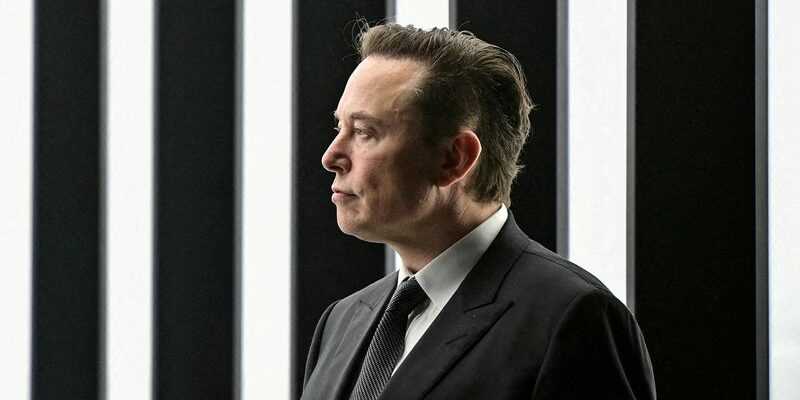Musk suspends his offer
Elon Musk announced on Twitter that his proposed $44 billion acquisition of Twitter Inc was “temporarily suspended” on Friday, pending data on the proportion of his fake accounts, which made diving social media platform actions.
Tesla CEO Mr Musk, who added he remains committed to the acquisition, decided to forgo “due diligence” when he agreed to buy Twitter on April 25, in a bid to get the San Francisco-based company to accept its “best and final offer”. Since then, tech stocks have plunged amid investor worries about inflation and a possible economic slowdown.
The gap between the bid price and the value of Twitter shares has widened in recent days, implying less than a 50% chance of closing as investors speculate that the economic downturn will prompt Musk to pull out or look for a lower price. “The agreement with Twitter is temporarily on hold pending details that spam and fake accounts do indeed represent less than 5% of users,” Musk told his more than 92 million followers on Twitter. Twitter.
Twitter did not immediately respond to a request for comment. There was no immediate reaction from the investors Musk tapped last week to raise $7.1 billion in funding. Elon Musk has also just tweeted that he still wants to acquire the blue bird social network:
Still committed to acquisition
— Elon Musk (@elonmusk) May 13, 2022
The quest for fake accounts and bots
Musk tweeted a Reuters article from ten days ago citing the numbers from the fake accounts. Twitter said these numbers were an estimate and the actual number may be higher. The estimated number of spam accounts on the site has remained below 5% since 2013, according to Twitter’s regulatory filings, prompting some analysts to question why Musk was raising it now.
“That 5% metric has been out for a while. Clearly he would have seen it before […] So it may be more part of the strategy to drive the price down,” said Hargreaves Lansdown analyst Susannah Streeter.
Musk said if he bought Twitter he would “defeat the spambots or die trying”. He blamed the company for depending on advertising to explain why it let spambots proliferate. He also criticized Twitter’s moderation policy and said he wanted Twitter’s algorithm to prioritize public tweets and was against companies that advertise having too much power over the service.
Still, Musk is aiming for advertising revenue to more than double by 2028, according to slides he presented to investors that were reported by The New York Times. Ads are expected to make up about 45% of Twitter’s total revenue as of that date, compared to nearly all of its revenue today, according to the investor presentation.
Earlier this week, Mr Musk said he would reverse Twitter’s ban on former US President Donald Trump when he bought the social media platform, signaling his intention to reduce moderation.
Musk can’t walk away so easily
There are many precedents for a possible renegotiation of the price following a market decline. Several companies repriced agreed acquisitions when the COVID-19 pandemic broke out in 2020 and caused a global economic shock.
In one case, French retailer LVMH threatened to pull out of a deal with Tiffany & Co. The US jewelry retailer agreed to lower the price by $425 million to $15.8 billion.
Acquirers seeking to get out sometimes resort to “material adverse effect” clauses in their merger agreement, arguing that the target company has suffered material harm.
But the wording of Twitter’s merger agreement, like that of many recent mergers, does not allow Mr. Musk to exit due to a deteriorating business environment, such as a drop in demand for Twitter. publicity or the fall in Twitter shares. Musk is contractually obligated to pay Twitter a $1 billion severance fee if it doesn’t complete the deal, and the language of the settlement agreement appears to limit the damages Twitter can seek from Musk to that level. . But the contract also contains a “specific performance” clause that a judge can invoke to force Musk into the deal.
In practice, acquirers who lose a specific execution deal are almost never forced into an acquisition and usually negotiate a monetary deal with their targets.
